Interview with Prateek Jain

Reformulation: The key to home chemotherapy
Oral therapy can profoundly change clinical practice around chemotherapy and improve the quality of life of cancer patients, says Prateek Jain, of Biopharma Insights, Decision Resources Group, India. “Chemotherapy at home would transform the lives of cancer patients,” he adds. However, the properties of many anticancer drugs mean that they usually have low oral bioavailability or are irritant to the gastrointestinal tract and must be administered via intravenous injection or infusion.
“Most of the cancer drugs can’t be given orally and, therefore, can’t be pursued at home,” says Dr Jain. “Giving IV chemotherapy requires a lot of attention by doctors and nurses and takes a lot of money from the pocket of patients and the pockets of payers.” Pharmaceutical nanotechnology and formulation sciences are being used to try to address these problems, says Dr Jain, who will be joined by other pharmaceutical scientists to discuss the challenges around reformulating anticancer drugs into oral medications.
Participants will hear about novel materials, such as biodegradable polymers and lipids, being used in oral anticancer drug delivery as well as the socioeconomic impact of meeting the challenges of home chemotherapy, giving the session wide appeal: “Scientists will recognise this as an upcoming field. It will attract students, pharmacists, regulators, policymakers and the industry, which wants to pursue this type of formulation-based work to extend the life cycle of its products.”
Patients want a good quality of life and that can only be achieved
when they are motivated for their treatment, says Prateek Jain
The session will also consider how pharmacists can help. “Up until relatively recently, pharmacists have been involved only in dispensing medication but new-age pharmacists, the young scientists, are trying to evolve and trying to solve the formulation problem.” Pharmacists hear directly from patients, says Dr Jain. They hear about the problems patients have and how they want their medication to be simplified. “Patients want a good quality of life and that can only be achieved when they are motivated for their treatment. Going to hospitals and staying there for hours for infusions is really depressing — so this is one way of helping them.”
Join Dr Jain and colleagues at session A4 to hear how you can contribute to this upcoming field.
This session has been organised by the FIP Young Pharmacists Group, in collaboration with the FIP Industrial Pharmacy Section and the FIP SIG on Formulation Design and Pharmaceutical Technology.
